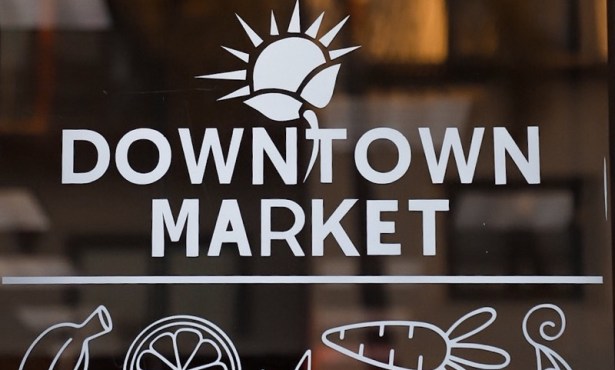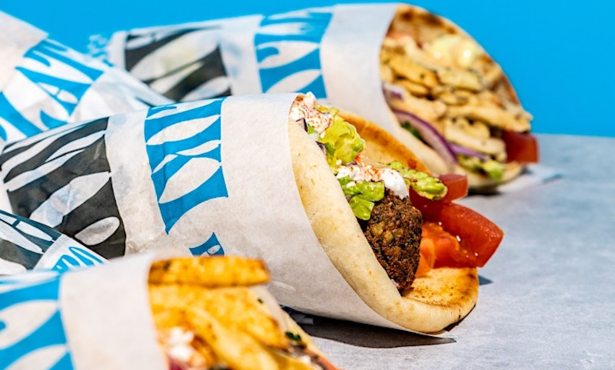Spoonfuls of Greens Help the Medicine Go Down
Food as Medicine and Plants for Healing at the Ojai Herbal Symposium November 16-18
In the early 20th century, Leo Tolstoy, in his ascetic quest for a “good life,” embraced a vegetarian diet to resist all forms of violence, which included to “God’s animal creations.” His diet was meant to “support life” — both his and others, a belief and lifestyle shared with his pen friend, Mahatma Gandhi. For Tolstoy, God’s grace began at the table — like chicken soup for the soul, without the chicken.
Historically, food abstinence has a long tie-in to spiritual, political, and health choice. Nowadays, it is not usual for people to attribute their palate preferences to genetics, peak athletic performance, or simply a desire to feel better. The platitude “you are what you eat” can be easily written off as an idea without teeth, but philosophies defining something as mundane as diet can lie at the core of personal identity, social establishment, and ethical reflection.
Food choices can also be altered for pointed medical purposes. The concept of healing through intestinal absorption is at the heart of many common medical curee — often through ingestion of pharmaceuticals in pill form. Therefore, it is not inconceivable that anything passing through our digestive tract can have a profound effect on our physical and emotional wellbeing. In short, daily meal choices have proven to have a long-term effect on overall health, making diet the target in any healthy lifestyle.
Foods like roots, leaves, and fungi are used not only in natural healing, but are also coveted ingredients in many pharmaceuticals, and were in even higher demand before synthetic analogs became available. Chumash healer and USC pharmacology professor, Jim Adams, researches native California plants and their compounds for medical properties. “Human beings evolved using plant medicines,” he writes in his research. “In the midst of our crisis of drug overuse and abuse, patients must find alternative choices for healthcare.” He furthers that a balanced body and healthy defense system, not medication, is the best immunity against disease.
In recent years, veganism has enjoyed increasing popularity among those with spiritual, political, economic, and scientific concerns for the environment. Some claim that eating a plant-based diet is one of the most decisive moves that an individual can make for the future of a healthy planet.
The plant-based diet has been used (somewhat controversially) by some professional therapists as a gateway regime to curing eating disorder patients. “There are a lot of different benefits of eating vegan,” said plant-based chef Melissa Costello, who introduces plant-based eating to people suffering from body image and food obsession issues. “You need to be connected in a way that you are nourishing your body instead of just eating to eat.” Costello was a keynote speaker at the recent Plant and Food Medicine Conference held at SBCC.
“Veganuary,” a social media movement held throughout January to encourage people to try out the plant-based diet, saw a number of popular tags on Instagram and Twitter last year. Costello feels there are people interested in vegan food, but that they are not sure how to make it taste good or find the conversion overwhelming. “Try one new [vegan] recipe a week,” she urged, or just add more fruit and vegetables to a diet. “You don’t have to cut out meat or junk food completely.”
To further explore the healing potential of plants, drop by the Ojai Herbal Symposium November 16 to 18, where Jim Adams will be presenting his research addressing chronic pain using California native plants. He will join a dozen practitioners and authors focused on modern herbalism, integrative pharmacy, and other related topics.



